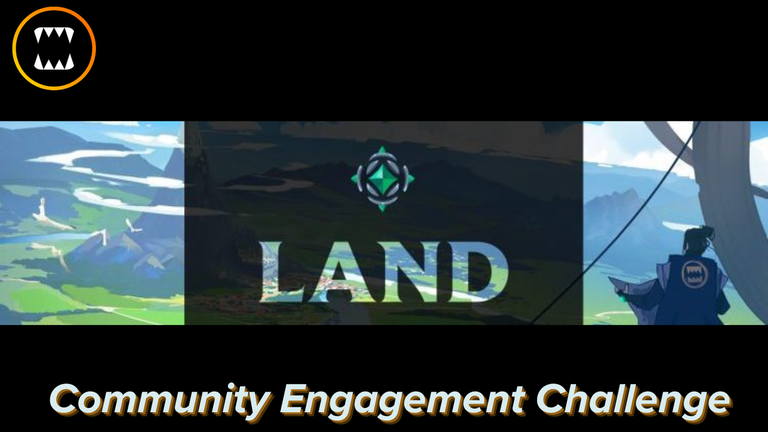Splinterlands support Article: About Lands

Land is a unique concept in splinterlands. It has been regarded as an expansion of the Splinterlands experience. Land is a digital property that is located within Praetoria which is a secret continent available for exploration by the inhabitants of splinterlands. Players can get ownership and even interact with land within the Praetoria continent.
Lands are NFTs and when they are claimed, players can harvest the resources in it, construct buildings or even create new kinds of cards that can be used in battle, sold or rented to other splinterlands players
Praetoria is made up of 150 different land regions. These land regions are owned by players. Each of these regions consist of 1000 land plots. This results to a total of 150,000 player-owned land plots in general.
These plots of land are arranged into 10 different tracts within each region. The regions themselves are grouped into 7 separate territories of between 20 and 22 regions each.
Let's talk about plots
Plot is the smallest unit of land. Each plot is a unique NFT which is represented by a card graphic. The card graphic showcases all of the special properties of the plot. The card graphic also tells what level and type of building is currently built on the plot. Each plot of land has a terrain type, a category, and a rarity.
Regarding terrain type, it indicates 3 things: what sort of land it is, what type of resources that land can have, and the types of Splinter magic that are most suited to that land.
In total, there are fourteen different terrain types. They include Hills, Canyon, Tundra, Swamp, Bog, Plains, Mountain, Caldera, River, Lake, Forest, Jungle, Desert, and Badlands.
In terms of categories, each plot of land usually belongs to one of three categories: Natural, occupied or magical. The card graphic for a particular plot of land usually shows the category of the land at the top of the card. The majority of land plots belong to the natural category of lands. What this means is that such lands contain one of four natural resources namely grain, wood, stone, and ore. These resources can either be farmed or harvested from the land and they will be needed in order to build, upgrade, and maintain all of the different buildings that can be constructed.
Some land plots belong to the Magical category. What this means is that they have an abundance of one of six magical resources. Each of the resource is associated with one type of Splinter magic. They include: Sparkstone which is associated with Fire, Bottled storms which is associated with water, Ulana Seeds which are associated with Earth, Virtulium which is associated with Life, Reclaimed Souls which is associated with Death, and Heliostones which is associated with Dragon.
These magical resources, which are more rare than the natural ones, are one of two components needed to mint Item and Spell cards.
In addition, some land plots belong to the Occupied category. This means that they are wild monsters inhabit them. Splinterlands Players can battle these wild monsters and extract their Essences, which is the second important component of minting Item and Spell cards in addition to magical resources.
Each plot of land also has rarity such as Common, Rare, Epic, or Legendary; just like Monster & Summoner cards. The importance of the rarity is that it will determine the abundance of the natural or magical resources on the land, or the amount of monsters on that Occupied plot.
For more information about lands in splinterlands, check out the splinterlands post about land expansion and the Land White paper
Would you like to join splinterlands? You can join through my referral
Image is from the Splinterlands Community Engagement Challenge Post
Thanks for sharing! - @yonilkar
